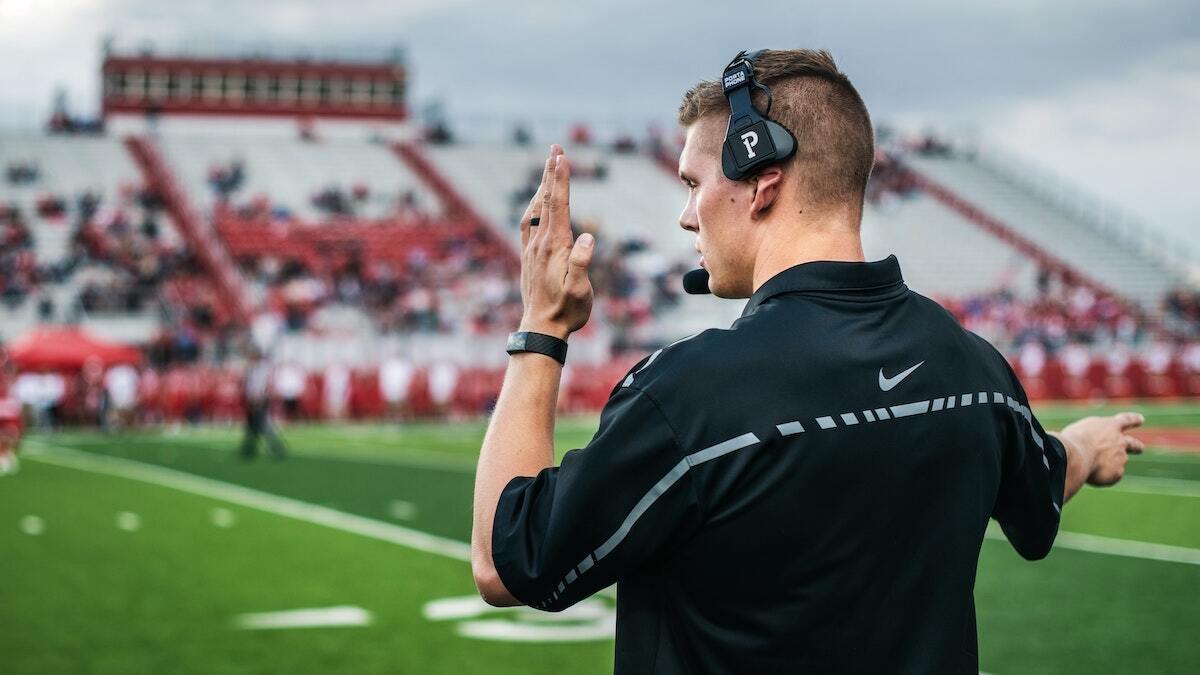Let’s talk the value of coaches.
It is coach-firing season. The San Diego Chargers fired offensive coordinator Joe Lombardi and quarterbacks coach Shane Day, ostensibly for allowing their team to blow a 27-point lead in the playoffs, but they retained head coach Brandon Staley. Recent firings include underperforming NFL, NBA and NHL coaches. Baseball managers seem to be safe for now and probably until April. Should the managers and coaches be fired for not winning big, or does team failure really rest with the GMs, player development people and the architects of the team roster?
Coaches and managers … do they do more harm than good? Real coaching is valuable at the high school and college levels when they teach the kids fundamentals, training, strategy and the ins and outs of the game. But what about at the professional level? In the minor leagues, coaches and managers still teach, but what about the top professional levels? Do top managers and coaches really make a difference? An in-season change can motivate a complacent or underperforming team, at least for a while. Changing from “waiting for the three-run homer” to “Billy Ball” or “small ball” can get a team on a roll if the players buy in and for at least a while, the team can play better than the sum of its parts. That strategy seems to work short run, maybe even a season or two, but after awhile that gets old to the players and they revert to their own habits and abilities.
In sports in which play-calling, chess strategy, special offenses and defenses play a part in winning and losing, it can be argued that top coaches make a difference, and in some sports, motivation can spur a team to a win or two, but in the end, it is the players who have to achieve and perform.
You seldom win with bad players, but you can lose with good managers and win with bad managers. However, it seems easier to win with a good manager.
Managers and coaches often get more credit than they deserve and equally take more blame than they deserve, but as fans, we will give them all the blame they can handle and then some. Hey, they make big money and want the stage, so they’d better have broad shoulders and take the heat whether deserved or not.
Can a manager or coach win a game? Not really. The players on the field, court or rink have to perform, and even if the manager pushes all the right buttons and motivates the team to the max, the players have to win or lose in the arena of action.
Can a manager lose a game or a season? That is arguable and other than being out-managed strategy-wise or over-managing that ends in losses, the end-result usually rests with the players.
Maybe we don’t need our managers to win games for us, as long as they don’t lose any for us.
In baseball, based on sabermetric analysis, it has been suggested that 95% of all managers are worth somewhere between -2 and +2 wins per 162 games. In most years, a few dozen batters and a handful of pitchers are worth more to their teams than nearly every manager of the last 120 years.
An opposing view comes from a University of Chicago study that finds that coaches have a significant impact on success in both the professional and collegiate ranks. Scholars at the University of Chicago's Harris School of Public Policy analyzed hundreds of seasons of data, including wins and losses and sports scores and statistics, and estimated that coaches account for 20% to 30% of the variation in team outcomes.
In the end, the study suggested that college managers and coaches have more significant impact on results than do professional skippers, and the study fails to consider sabermetrically, talent levels, whereas the sabermetric analysis shows that talent on the field is what matters the most.
But even if teams can win with bad managers, it's a lot easier to win with a great one. The great ones do make a difference, although even the great ones fail if they don't have motivated talent on the field.
Hall of Fame Yankee manager Casey Stengel, who was as successful with the Yankees from 1949-1960 (seven World Championships and 10 American League pennants), as he was unsuccessful as skipper of the Mets (1962-1965), Dodgers (1932-1933) and Braves (1938-1943), was colorful, a strategist and incisive about a managers value to the team and the nine guys on the field.
“The secret of successful managing is to keep the five guys who hate you away from the four guys who haven't made up their minds,” Stengel said.
Another Hall of Fame skipper, Sparky Anderson, said baseball is a simple game.
“If you have good players and if you keep them in the right frame of mind then the manager is a success," Anderson said.
Anderson felt that good players make a good manager. It follows that talent wins ballgames, not old former players in uniforms making decisions.
Can a manager or coach’s value be measured properly by wins and championships or by their team’s success given the makeup of the team? Listing the best and worst managers and coaches of all time is an arbitrary and subjective process, usually powered by championship rings, but who is on your best and worst lists?
What about you? Does your team have a great manager or an old former player who takes up space and loses more games with his moves than he wins?
Let me know how you feel about the value of managers and coaches. Contact me at mike.blake@mountvernonnews.com.







